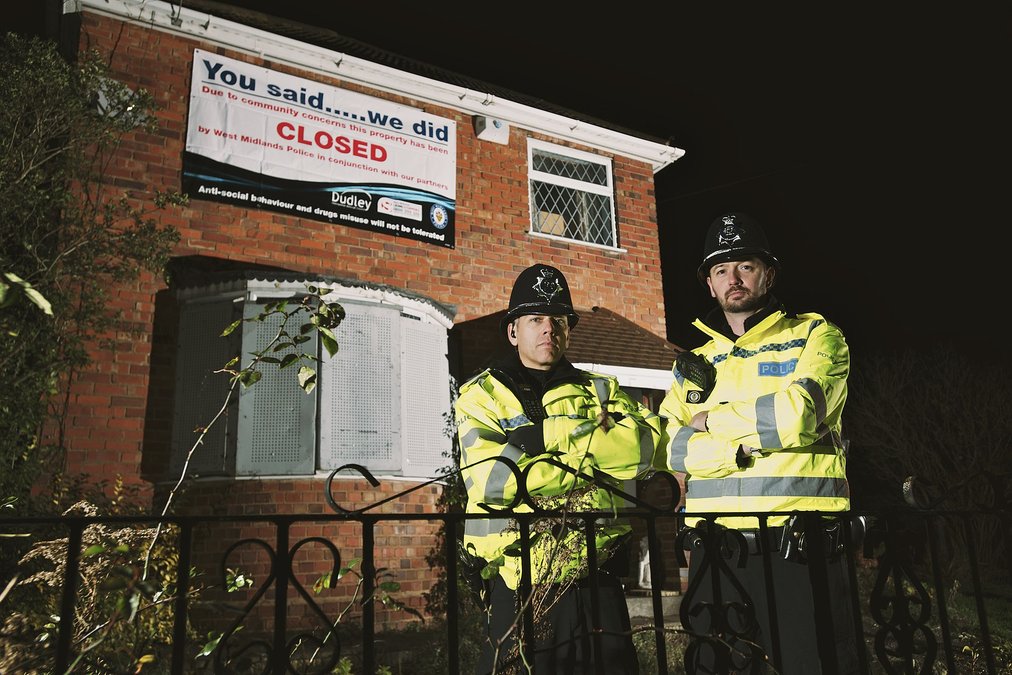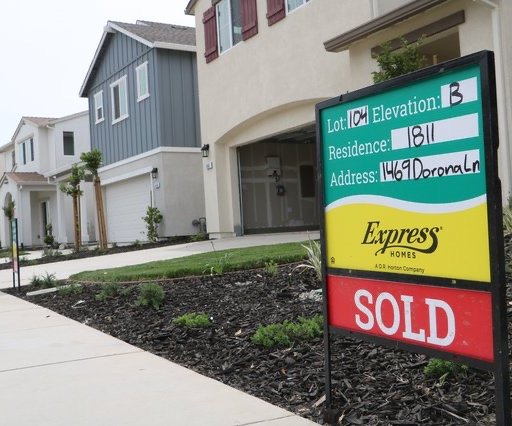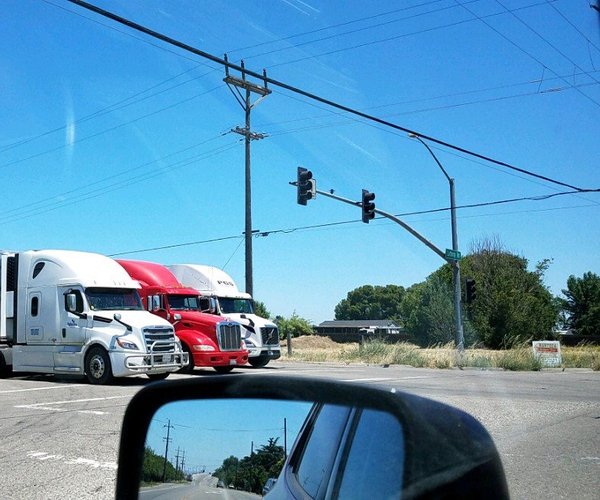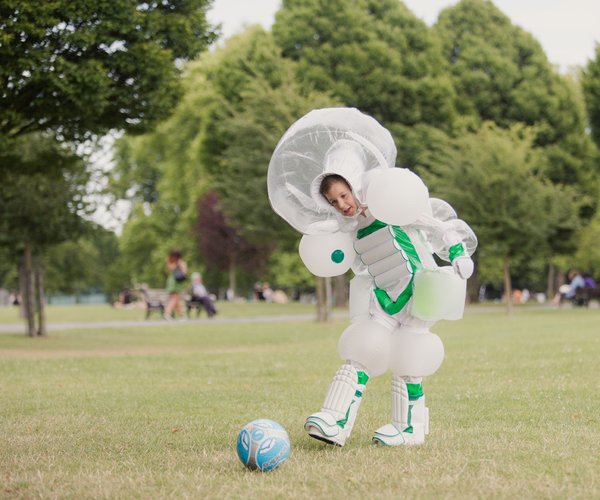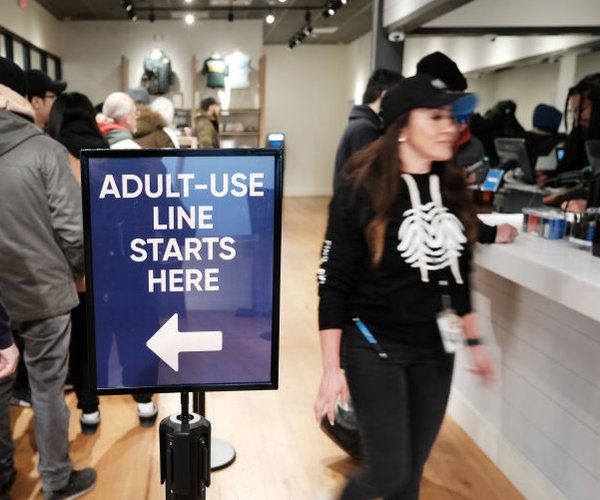Ben Erwin’s farther warned him about the United States.
He said beware of the drugs.
The 17-year-old son of a sheep farmer near Geelong in Australia was coming to America.
Ben was going to spend a year as a Rotary exchange student in Lincoln in Placer County.
His first host family — the community’s Methodist minister and his wife — met his flight at Sacramento Metro Airport.
The minister said they needed to make a stop on the way home.
When they pulled into the store parking lot in North Highlands, Ben said he was so stunned that his mouth dropped open.
A somewhat incredulous reaction given the reputation of Aussies to be less prudish than Americans.
What got him going was seeing the huge sign “Payless Drug Store” as they pulled into the parking lot.
Ben would share later how the first thing that went through his mind was his dad was right.
He remembered thinking to himself that the drug problem was so bad in America they even had gigantic stores in shopping centers selling them.
It was a cultural shocker.
Ben did not know at the time the places they called pharmacies in Australia, where medicines were dispensed were called drug stores in the United States.
This story that goes back to the summer of 1987 came to the forefront while listening to a lady tell the Manteca City Council that she would not be talking to them again about the “drug houses” they were bringing to town.
I’m embarrassed to say that I can’t remember her name.
She has spoken on numerous occasions at council meetings, voicing concerns that ranged from whether Manteca was adequately planning for schools to accommodate growth to keeping on top of quality of life issues.
In her book, the city embracing drugs of any type would lower the quality of life in the community
And, as she has noted repeatedly, she views storefront cannabis sales in Manteca as the moral equivalent of drug houses being allowed.
The lady is not a gadfly.
Nor is she a warrior in the woke wars.
Her views are molded by her reality.
She moved to Manteca after she and her neighbors lost a battle in Oakland.
The battle was for their neighborhood.
And the enemy was the collateral damage from drugs.
Yes, I know.
Marijuana helps many people deal with pain and illness. As such, it is better than popping pills.
It shouldn’t be lumped in with heroin and meth because it is clearly not on the same level of toxicity and addiction.
Yes, marijuana is much like alcohol.
Which, arguably, is her point.
Over the years, the proliferation of points of sale for liquor in struggling neighborhoods have been blamed as a contributing factor to the deterioration of the quality of life and a catalyst for crime and decay.
It is why in the 1960s California restricted the number of liquor licenses issued in a ZIP Code.
The number today, according to the state Alcohol Beverage Control commission, is one for every 2,500 residents within a ZIP Code.
Driving the rule were concerns over saturation that allowed too easy of an access could spell trouble.
That one for every 2,500 people cap in a specific ZIP Code can be exceeded if a public need can be proven, which is up to the elected officials governing a city or the unincorporated area within a county to determine.
Rarely when the number is reached does a city council or a board of supervisors in California turn down requests for the ABC to issue additional liquor licenses.
It’s because public need is often judged by job generation and not a local concept of a measured effort to limit the proliferation of liquor licenses to avoid potential collateral damage.
Being able to sell liquor with food is considered a must for many restaurants.
And given more sales of taxable items translates into more tax revenue for local governments, the “public need” for liquor licenses that exceed one per 2,500 residents is virtually a given.
What this has to do with Manteca clearing the way for legal marijuana sales is simple.
A case can be made that three cannabis stores is enough, period, going forward.
The lady inferred city leaders are likely to expand the number of stores with a fourth license at 100,000 residents and more going forward at a one per 25,000 residents standard.
The concern of those who take a dim view of allowing legal marijuana sales in Manteca is not simply a “cultural” thing, such as a young Australian’s misread of American vernacular.
It is rooted in legitimate concerns that are more subtle than increased crime rates or people being impaired in public.
It is based in making something too accessible and the damage that it can do to individuals and their families.
Addiction issues and the collateral damage that it can create for some that partake are real.
Is it enough to outright ban the advantages of access to legal marijuana use through a state controlled system such as it is for alcohol and gambling?
Probably not.
Legal marijuana sales are being rolled out with stringent safeguards at the point of transactions that makes the way liquor is sold — which is clearly demonstrated to be sold too often to those who shouldn’t be obtaining it — seem haphazard and ill-conceived.
Nothing is absolutely bulletproof but the controls on making sure only those that are legally allowed to will access storefront cannabis operations is about as close as you can get.
To allay legitimate fears, it would seem prudent that the number of storefront marijuana stores are kept at an absolute bare minimum.
Amending the ordinance to permanently cap it at three unless overridden by a referendum would squarely put the granting of additional storefront cannabis licenses into the public’s court to determine if there is a community need.
That said, there should never be a need for a fourth store.
Anything located in Manteca is closer and more convenient than going to Riverbank, as an example, where they are so eager to increase Manteca consumption of pot they are exclusively offering deep discounts to those in the 95336 and 95337 ZIP Codes.
Most of those accessing cannabis stores do so without any worry about other issues.
That is not true for everyone.
For some, a cannabis store is a pharmacy.
Cannabis means a life with less physical pain.
And for some, a cannabis store can serve as a “drug house” to feed an addiction.
Cannabis can be an addicting to a degree.
Just like gambling, cigarette smoking, alcohol, and any other perceived vice.
Why not err on the side of caution?
That is the minimum that the lady is asking for.
This column is the opinion of editor, Dennis Wyatt, and does not necessarily represent the opinions of The Bulletin or 209 Multimedia. He can be reached at dwyatt@mantecabulletin.com
